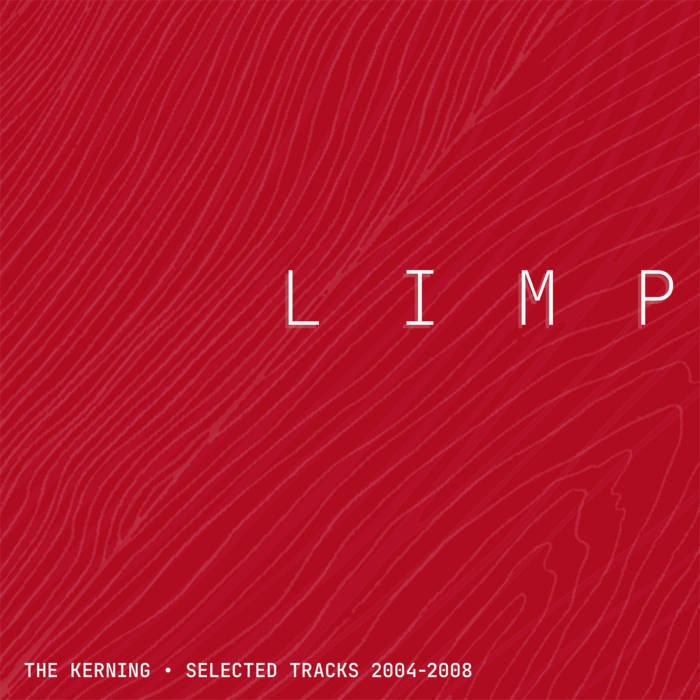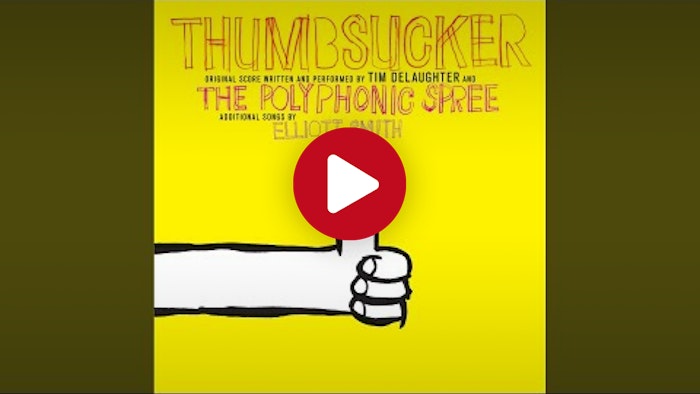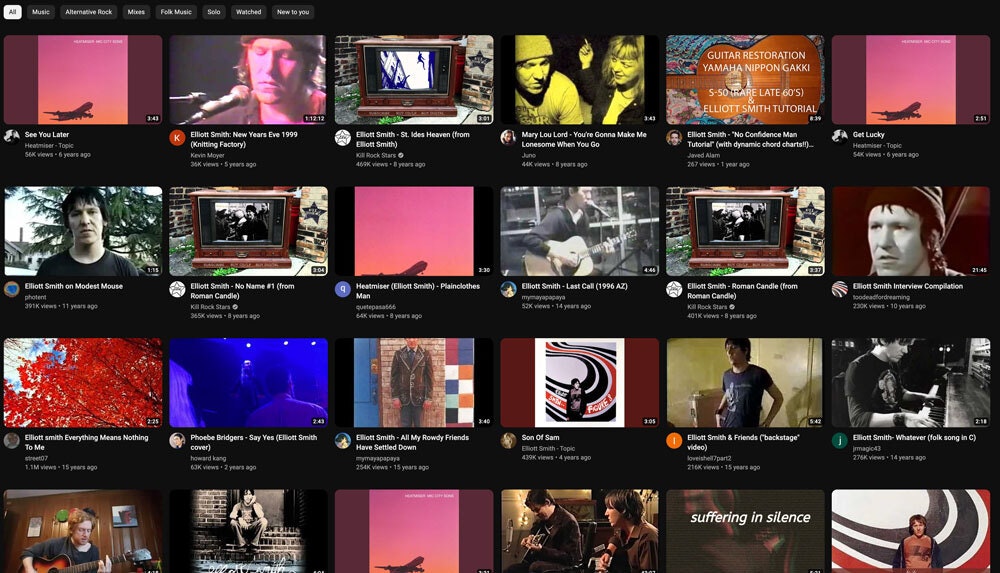Tedium - Robot Hand is the Future 🤖
|
|
|
|
|
|
|
|
|
|
Older messages
Hobbyists for Hire 🤠
Saturday, February 25, 2023
On metal detectors and very specific hobbies. Here's a version for your browser. Hunting for the end of the long tail • February 25, 2023 Hey all, Ernie here with a fresh one from Andrew Egan, who
The Hayes Code 💾
Wednesday, February 22, 2023
The command set that helped modems go mainstream. Here's a version for your browser. Hunting for the end of the long tail • February 22, 2023 Today in Tedium: Many parts of the computing experience
Old Archives, New Controversy 📰
Saturday, February 18, 2023
On The New York Times' big controversy and their sizable archives. Here's a version for your browser. Hunting for the end of the long tail • February 18, 2023 Today in Tedium: For people who
A Layer of Gloss 📖
Friday, February 17, 2023
The starting point of a glossary of Tedium. Here's a version for your browser. Hunting for the end of the long tail • February 15, 2023 A quick note: Before we get started today, I just wanted to
AI, Minus the Hype 🧠
Saturday, February 11, 2023
A regular person's take on the rise of generative AI. Here's a version for your browser. Hunting for the end of the long tail • February 11, 2023 Hey all, Ernie here with a piece from David
You Might Also Like
eBook: Software Supply Chain Security for Dummies
Wednesday, January 15, 2025
Free access to this go-to-guide for invaluable insights and practical advice to secure your software supply chain. The Hacker News Software Supply Chain Security for Dummies There is no longer doubt
The 5 biggest AI prompting mistakes
Wednesday, January 15, 2025
✨ Better Pixel photos; How to quit Meta; The next TikTok? -- ZDNET ZDNET Tech Today - US January 15, 2025 ai-prompting-mistakes The five biggest mistakes people make when prompting an AI Ready to
An interactive tour of Go 1.24
Wednesday, January 15, 2025
Plus generating random art, sending emails, and a variety of gopher images you can use. | #538 — January 15, 2025 Unsub | Web Version Together with Posthog Go Weekly An Interactive Tour of Go 1.24 — A
Spyglass Dispatch: Bromo Sapiens
Wednesday, January 15, 2025
Masculine Startups • The Fall of Xbox • Meta's Misinformation Off Switch • TikTok's Switch Off The Spyglass Dispatch is a newsletter sent on weekdays featuring links and commentary on timely
The $1.9M client
Wednesday, January 15, 2025
Money matters, but this invisible currency matters more. ͏ ͏ ͏ ͏ ͏ ͏ ͏ ͏ ͏ ͏ ͏ ͏ ͏ ͏ ͏ ͏ ͏ ͏ ͏ ͏ ͏ ͏ ͏ ͏ ͏ ͏ ͏ ͏ ͏ ͏ ͏ ͏ ͏ ͏ ͏ ͏ ͏ ͏ ͏ ͏ ͏ ͏ ͏ ͏ ͏ ͏ ͏ ͏ ͏ ͏ ͏ ͏ ͏ ͏ ͏ ͏ ͏ ͏ ͏ ͏ ͏ ͏ ͏ ͏ ͏ ͏ ͏ ͏ ͏ ͏ ͏ ͏
⚙️ Federal data centers
Wednesday, January 15, 2025
Plus: Britain's AI roadmap
Post from Syncfusion Blogs on 01/15/2025
Wednesday, January 15, 2025
New blogs from Syncfusion Introducing the New .NET MAUI Bottom Sheet Control By Naveenkumar Sanjeevirayan This blog explains the features of the Bottom Sheet control introduced in the Syncfusion .NET
The Sequence Engineering #469: Llama.cpp is The Framework for High Performce LLM Inference
Wednesday, January 15, 2025
One of the most popular inference framework for LLM apps that care about performance. ͏ ͏ ͏ ͏ ͏ ͏ ͏ ͏ ͏ ͏ ͏ ͏ ͏ ͏ ͏ ͏ ͏ ͏ ͏ ͏ ͏ ͏ ͏ ͏ ͏ ͏ ͏ ͏ ͏ ͏ ͏ ͏ ͏ ͏ ͏ ͏ ͏ ͏ ͏ ͏ ͏ ͏ ͏ ͏ ͏ ͏ ͏ ͏ ͏ ͏ ͏ ͏ ͏ ͏ ͏ ͏ ͏ ͏
3 Actively Exploited Zero-Day Flaws Patched in Microsoft's Latest Security Update
Wednesday, January 15, 2025
THN Daily Updates Newsletter cover The Kubernetes Book: Navigate the world of Kubernetes with expertise , Second Edition ($39.99 Value) FREE for a Limited Time Containers transformed how we package and
The Sequence Engineering #469: Llama.cpp is The Framework for High Performce LLM Inference
Wednesday, January 15, 2025
One of the most popular inference framework for LLM apps that care about performance. ͏ ͏ ͏ ͏ ͏ ͏ ͏ ͏ ͏ ͏ ͏ ͏ ͏ ͏ ͏ ͏ ͏ ͏ ͏ ͏ ͏ ͏ ͏ ͏ ͏ ͏ ͏ ͏ ͏ ͏ ͏ ͏ ͏ ͏ ͏ ͏ ͏ ͏ ͏ ͏ ͏ ͏ ͏ ͏ ͏ ͏ ͏ ͏ ͏ ͏ ͏ ͏ ͏ ͏ ͏ ͏ ͏ ͏













